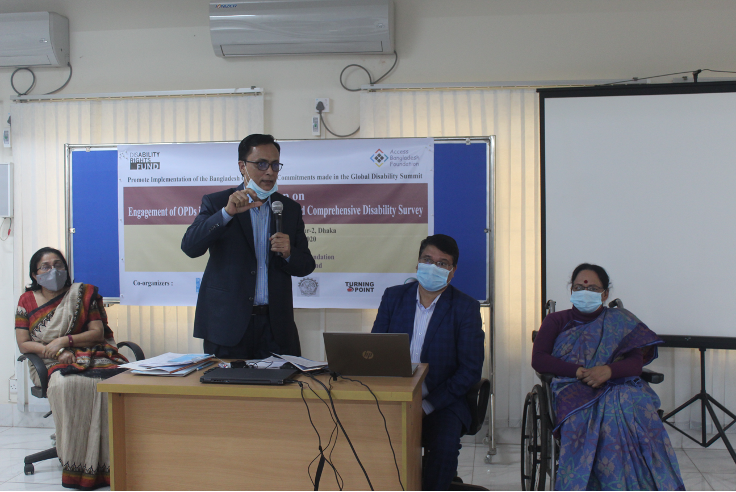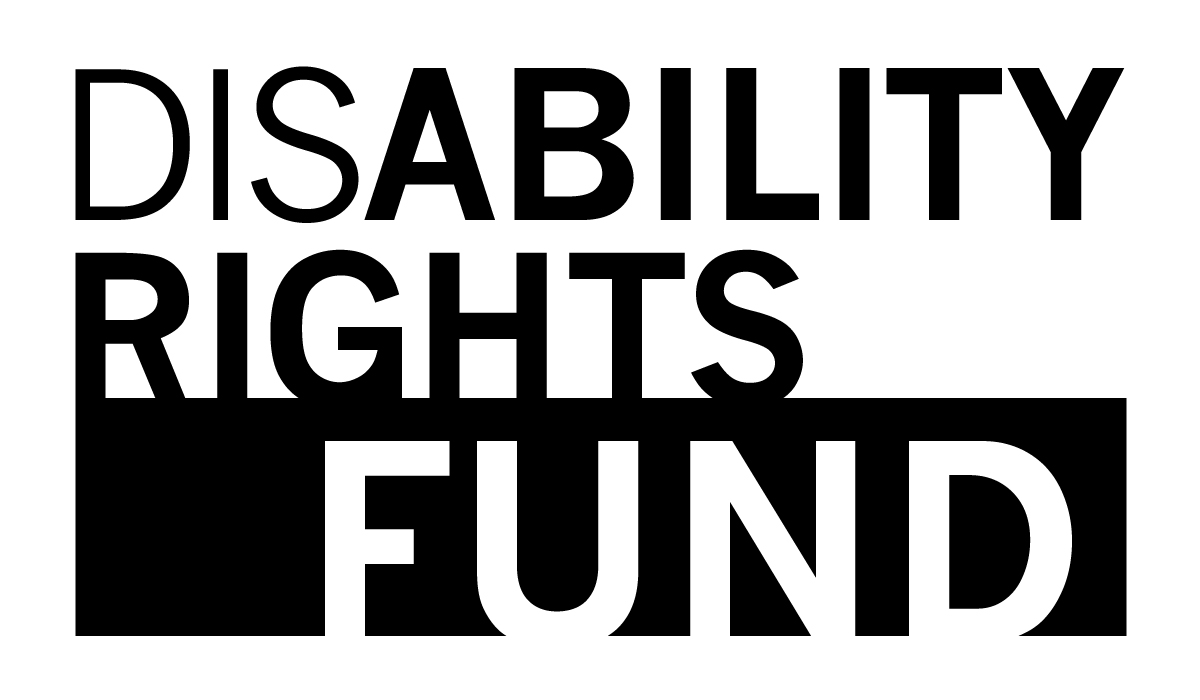The Global Disability Summit (GDS) offers a concrete mechanism for collecting new, ambitious, and widespread commitments, which are critical to achieving real change for persons with disabilities. The first Global Disability Summit held in London in 2018 (GDS18) generated an unprecedented level of focus on and commitment to disability-inclusive development. The second Global Disability Summit to be held in Oslo and virtually in 2022 (GDS22) will build on the results achieved at the first Summit to further accelerate much-needed progress towards the fulfillment of the rights of persons with disabilities worldwide.
Since GDS18, the Disability Rights Fund (DRF) and the Disability Rights Advocacy Fund (DRAF) awarded 35 Global Disability Summit 2018 (GDS18) grants totaling $1.61 million USD to 22 organizations of persons with disabilities (OPDs) in Africa, Asia, and Europe. In the run up to GDS22, we’re sharing stories of some of these grantees and their advocacy. These stories offer a way to learn about DRF/DRAF’s grantees’ achievements around the world. We hope you enjoy meeting our grantees and discovering more about their work!
Data is often a precursor to creating change. For example, without adequate information on the number and locations of persons with disabilities in a country, it is hard for the disability movement to gain the attention of the government. But what if there isn’t any information available? What if the most basic data is missing?
This was exactly the issue in Bangladesh. The country’s data collection mechanisms, such as the Household Income and Expenditure Survey, the Census, and the Disability Information Survey all produced different numbers for persons with disabilities living in Bangladesh. The government did not have accurate disability data to refer to when allocating resources.
At GDS18, the Bangladesh government made a commitment to improve its disability data through the upcoming National Population and Housing Census in 2021. Access Bangladesh Foundation (ABF), an organization of persons with disabilities established in 2008 and working at the national level to promote the empowerment of persons with disabilities, saw an opportunity for advocacy to advance this goal. ABF used DRF/DRAF GDS18 funding and strategic support to partner with the Bangladesh Bureau of Statistics (BBS), the agency responsible for conducting Bangladesh’s census every ten years.

Together, they designed an action plan for the inclusion of persons with disabilities in the implementation of the 2021 National Population and Housing Census. The plan aimed to strengthen disability data in several ways, including:
- Identification and inclusion of 12 different identities of persons with disabilities (as outlined in the Rights and Protection of Persons with Disabilities Act 2013) in the redesign of the census questionnaire,
- Design of training sessions on disability questions for census workers,
- A plan to train 100 master trainers on disability inclusion (who in turn would provide training to 400,000 enumerators, 80,000 supervisors, and 3,000 zonal officers), and
- The launch of an inclusive and accessible awareness campaign about the census itself.
To further support adoption and implementation of the action plan, ABF created a policy brief for BBS on standardized disability data in the 2021 census in consultation with experts and OPDs. The policy brief included a set of recommendations to make the census inclusive of persons with disabilities. ABF also conducted national awareness workshops on the disability inclusive census for the planning minister and BBS officials. They further led an accessibility audit of BBS’s website. As a direct result of the audit, some accessibility features have now been added to the website, making the case for how partnerships with the government can make a big difference.
While the census planned for 2021 has not yet taken place due to Covid-19 and procurement issues, this partnership and advocacy laid critical groundwork for when it does take place. Says Albert Mollah, Co-Founder and Executive Director, ABF, “Our partnership with DRF/DRAF has enabled us to shape our advocacy strategy in advancing system change towards an inclusive society.” At DRF/DRAF, we have seen how and why investments like ours can make a difference, and we will continue supporting ABF and other grantees to engage in advocacy to scale their work and influence. We’re hopeful about the future of disability data in Bangladesh and are looking forward to seeing how this data advances the rights of persons with disabilities.
Read more about ABF on their website and Facebook page.
We would like to thank the United Kingdom’s Foreign, Commonwealth and Development Office (FCDO) for generously supporting our GDS grantmaking. You can check out more posts in this series here.
